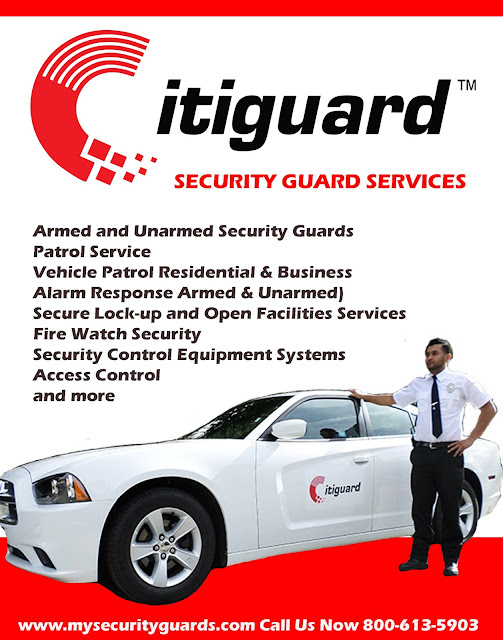The LAPD suggests the following crime prevention techniques to avoid becoming a victim of identity theft:
- To minimize the amount of information an identity thief can steal, do not carry extra credit cards, a social security card, birth certificate or passport in your wallet or purse, except when needed.
- To reduce the amount of personal information that is in circulation consider the following:
- Install a locked mailbox at your residence or business to reduce mail theft or use a post office box.
- When you order new checks, do not have them sent to your home address. Have them sent to a post office box or arrange to pick them up at your bank.
- When you pay bills, do not place the envelopes containing your checks in your home mailbox for the letter carrier to pick up. If stolen, your checks can be altered and cashed by identity thieves. It is best to mail your checks and other sensitive mail at the post office rather than your home or neighborhood mailbox. Write checks with a fine-point permanent marker.
- Pay bills with an electronic bill payment service.
- Reduce the number of credit cards you actively use to a bare minimum. Carry only one or two credit cards in your wallet. Cancel all unused credit card accounts. Even though you do not use these accounts, account numbers are recorded in your credit report along with other data that can be used by identity thieves.
- Keep a list and/or photocopy of all your credit cards, account numbers, expiration dates and telephone numbers of the customer service and fraud departments in a secure place (not your wallet or purse) so you can quickly contact your creditors in case your credit cards are stolen. Do the same with your bank accounts.
- Never give out your credit card number or other personal information over the telephone, unless you have a trusted business relationship with the person or company and you have initiated the telephone call. Identity thieves have been known to call their victims with a fake story that goes something like this, “Today is your lucky day! You have been chosen by the "Jane and John Doe Sweepstakes Committee” to receive a free trip to Europe. All we need is your credit card number and expiration date to verify you as the lucky winner.“
- Order your credit report once a year from each of the three major credit bureaus to check for inaccuracies and fraudulent use of your accounts. Make sure that you recognize every line of information established in your file.
- Always take credit card receipts with you. Never throw them in a public trash container.
- Watch the mail when you expect a new or reissued credit card to arrive. Contact the issuer if the card does not arrive.
- When creating a password or Personal Identification Number (PIN), do not use the last four digits of your social security number, date of birth, middle name, the name of your family pet, consecutive numbers of anything else that could easily be discovered by identity thieves.
- Ask your financial institution to add extra security protection to your account. Most will allow you to use an additional code (a number or word) when assessing your account. Do not use your mother’s maiden name, as that is all too easily obtained by identity thieves.
- Memorize all your passwords. Do not record them on anything in your wallet or purse.
- Protect your social security number. Release it only when absolutely necessary (tax forms, employment records, most banking, stock and property transactions). The social security number is the key to your credit and bank accounts and is a prime target of identity thieves.
- Do not have your social security number printed on your checks. Do not let merchants write your social security number on your checks because of the risk of fraud.
- Order your Social Security Earnings and Benefits Statement once a year to check for fraud.
- Carefully review your credit card statements for unauthorized use.
- Do not throw pre-approved credit offers in the trash or in a recycling container without first shredding them. The discarded credit offers can be used by identity thieves to order credit cards in your name and to have the credit cards mailed to their address.
- Do the same with other sensitive information like credit card receipts. Home shredders can be purchased at many office supply stores.
- Demand financial institutions to adequately safeguard your data. Request a special password that only you would know. Memorize all passwords. Discourage your bank from using the last four digits of the social security number as the PIN they assign to customers.
- When you fill out loan applications, find out how the company disposes of them. If you are not convinced that they store them in locked files and/or shred them, take your business elsewhere. Some car dealerships, department stores, car rental agencies, and video stores have been known to be careless with customer applications. When you pay by credit card, ask the business how it stores and disposes of the transaction slip. Avoid paying by credit card if you think the business does not use adequate safeguards.
- Store your cancelled checks in a safe place. In the wrong hands, they can reveal a lot of information about you. Never permit your credit card number to be written on your checks. It is a violation of California law (California Civil Code 1725) and places you at risk of fraud.
- Any entity involved in handling personal information should train all its employees, from the top to the bottom, on responsible information-handling practices. Persuade the companies, government agencies and nonprofit agencies with which you are associated to adopt privacy policies and conduct privacy training. Employees should be trained to check picture identification cards when accepting credit cards.







